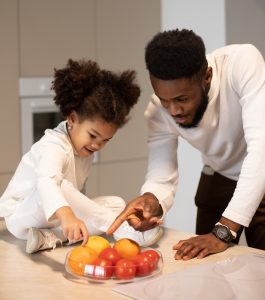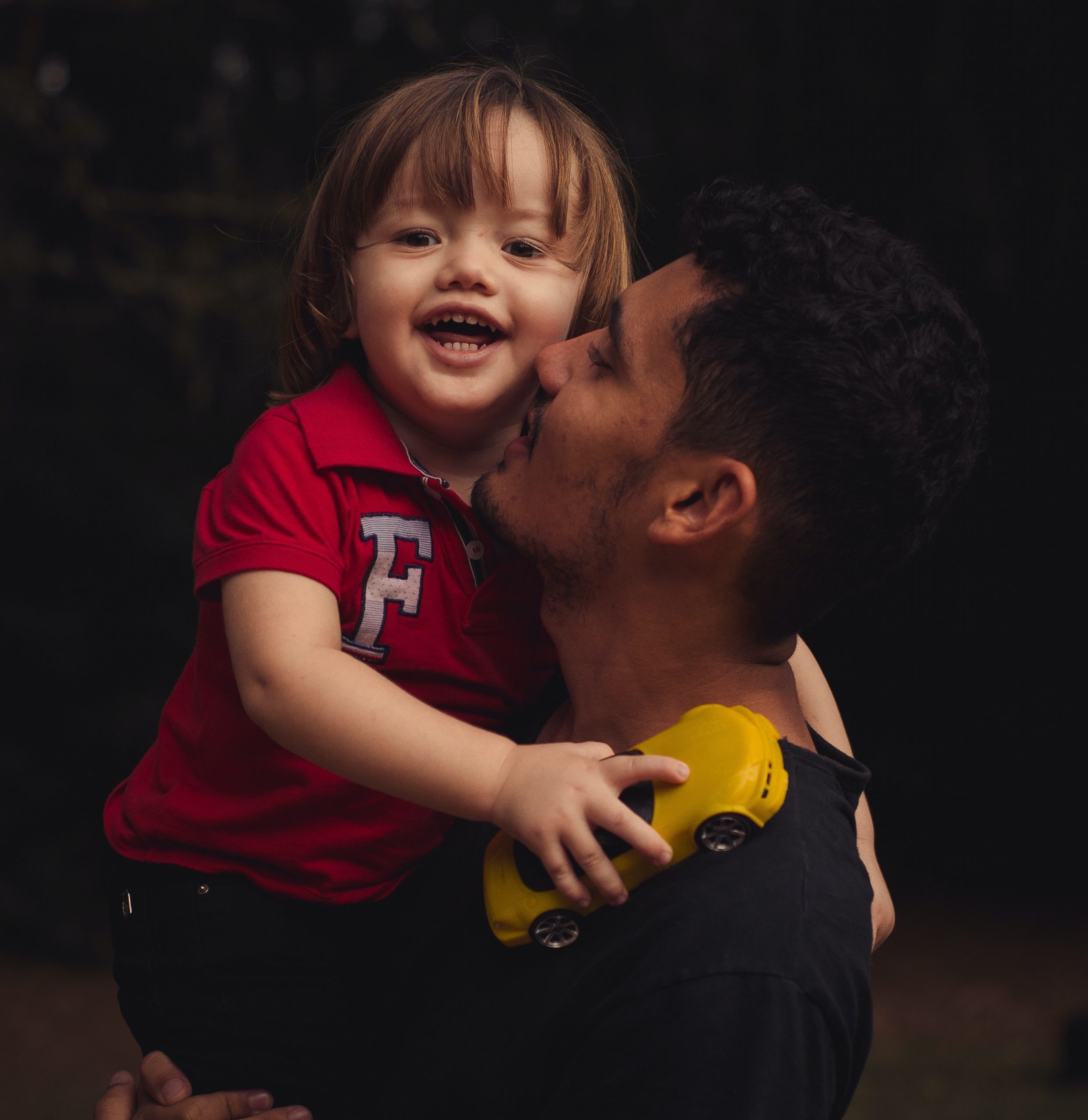Talking With Babies and Toddlers: Why More Talk Is Better
 Talking with your baby or toddler can help their language and communication development. The more you talk with your baby or toddler, the better.
Talking with your baby or toddler can help their language and communication development. The more you talk with your baby or toddler, the better.
This is because parents who talk a lot to their young children use many different sounds and words. When children hear a lot of words and many different words, it improves their understanding of language. It also increases the number and variety of words that they understand and use.
And it’s not just about better language skills. Talking with babies helps their brains develop and can help children do better at school when they’re older.
Tips for talking with babies and toddlers
Tune into your child
- Reduce distractions. Turn off the TV or computer or do whatever helps you to just ‘be present’ to talk to your child.
- Notice what your child is interested in, ask a question or make a comment, and then give your child time to respond. For example, at bath time you could say, ‘Is that Ducky? Ducky’s swimming. Splash!’
- As your child learns to talk, give your child time to find words for their ideas and really listen when they talk. For example, try not to finish your child’s sentences, and make sure your child is finished before you talk. This sends the message that what your child has to say matters.
- Use natural pauses. Your child will eventually fill in these pauses when their language develops. This also teaches your child ‘give and take’ in a conversation.
Be interesting
- Talk to your child about things they’re interested in – for example, what grandpa might be doing today, a story you’ve read together, or something that’s happening outside.
- Talk about an experience you shared – for example, ‘It’s sunny today. But remember how wet we got on the way home yesterday? Your socks were soaked!’
- Use a lot of expression to make your conversation interesting and engaging. What you talk about doesn’t matter as much as how you talk about it.
- If you use complex words, explain them and build on them by using lots of descriptive words. For example, ‘We’re going to see the paediatrician – that’s a special doctor who knows all about babies and children’.
Read, tell stories, sing songs and make rhymes
- Read books and tell stories to your baby from birth, every day if you can. After a few weeks, your baby will know that this is when you enjoy a quiet, special time together.
- Talk about the pictures in books, wonder out loud what might happen next in the story, point out words and letters, and let your child touch and hold the book and turn the pages. You can make up your own stories to go with the pictures in the book.
- Help your child learn that books and reading are fun. You can do this by having a special reading spot, making cuddles part of reading time and letting your child choose some books – even if you have to read the same ones over and over again!
- Sing songs and rhymes in the car, in the bath, at bedtime – even if it’s off-key. Your baby will love the rhythm of the words and will be soothed by your voice.
Excerpted from “Talking with babies and toddlers: how to do it and why” from Raising Children, a website supported by the Australian government. Read the full post online.
Source: raisingchildren.net.au | Talking with babies and toddlers: how to do it and why, https://raisingchildren.net.au/babies/connecting-communicating/communicating/talking-with-babies-toddlers | © 2006-2022 Raising Children Network (Australia)
To schedule an evaluation or to get advice about your child’s speech or language development, call or email a CHC Care Coordinator at 650.688.3625 or careteam@chconline.org CHC teletherapy services are available now.





